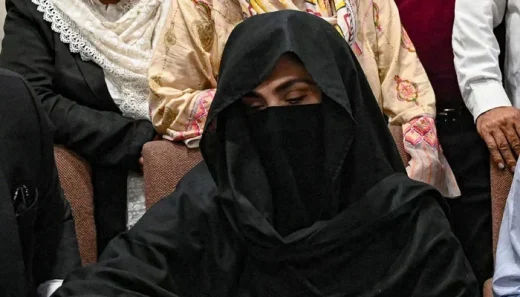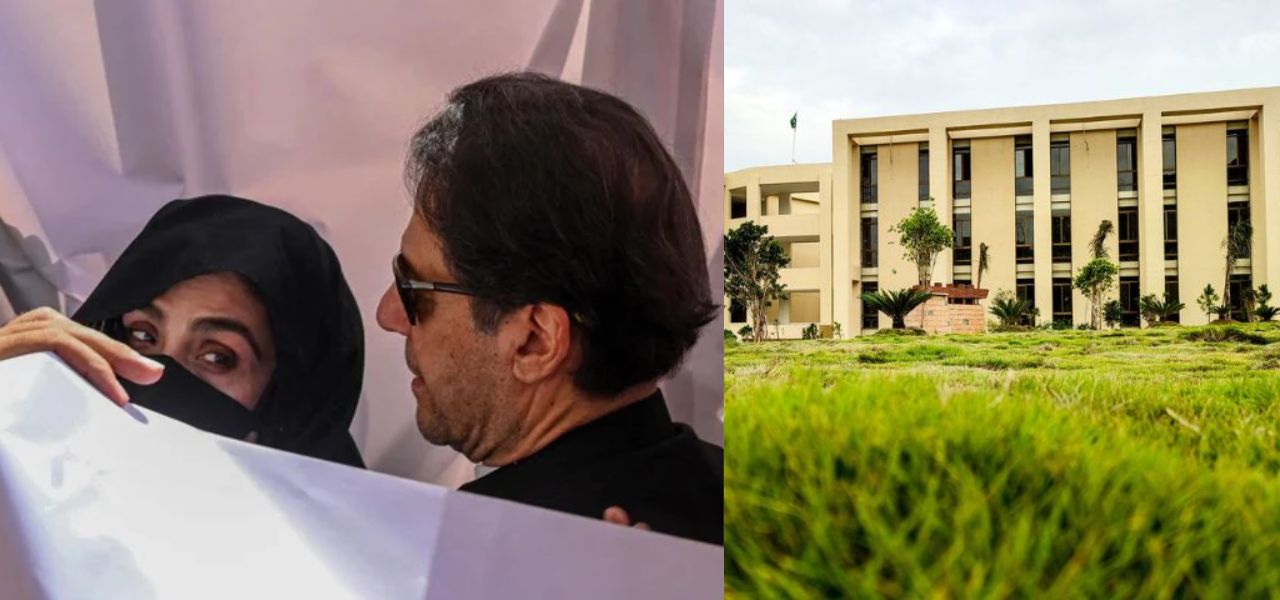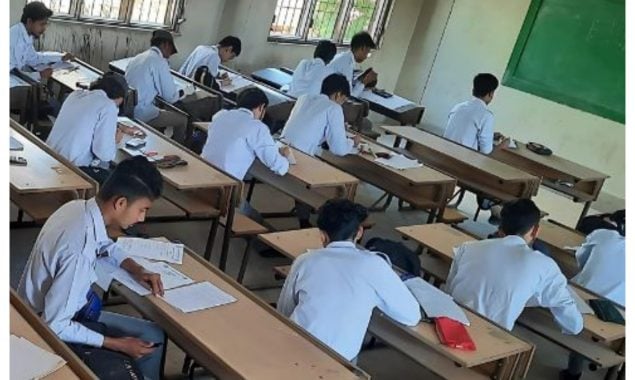An accountability court found Imran Khan, the founder of the Pakistan Tehreek-e-Insaf (PTI), guilty in the high-profile Al-Qadir Trust case, also known as the £190 million scam case. This is a big legal blow to the former prime minister.
After putting off the ruling three times, the court finally made the decision public. For people who don’t know much about the case, here’s a quick summary.
The Al-Qadir Trust case, also referred to as the £190 million case, involved allegations that Imran Khan and his associates altered the Rs50 billion, equivalent to £190 million at the time, that the British National Crime Agency (NCA) had transferred to the Pakistani government during Khan’s tenure as prime minister.

The NCA seized the assets of a property tycoon during the PTI’s rule, resulting in the amount under question. At the time, the British crime agency said that the money should be given to the government of Pakistan because the settlement with the Pakistani businessman was “a civil matter” and did not mean that he was guilty.
Also Read: £.190 million: Imran Khan granted bail by IH
But in December 2023, the National Accountability Bureau (NAB) filed a reference and then charges against Khan and his wife, Bushra Bibi, on February 27, 2024. They said that Khan, who was prime minister at the time, reached a settlement with the British crime agency and approved it on December 3, 2019, without giving any details of the secret agreement.

The money was supposed to be given to the Supreme Court on behalf of the businessman in question, but a few weeks later, the property mogul and the money launderer made a deal that the money from the NCA would be legally covered by the Al-Qadir Trust.
PTI leaders Zulfi Bukhari, Babar Awan, Bushra (the first lady at the time), and her close friend Farhat Shehzadi (also known as Farah Gogi) formed the trust.

The anti-graft body also claims that Bukhari, a close associate of the PTI founder, received 458 kanals of land shortly after the cabinet approved the settlement.
Also Read: Oxford University Excludes Imran Khan from Chancellor Race
The trust later received the land in the names of Khan, Bushra, and Farah after Bukhari and Awan decided not to attend.
On May 9, 2023, outside the Islamabad High Court (IHC), the police began their investigation and arrested Khan.
This marked the initial arrest of the former prime minister. PTI followers followed this with violent protests across the country, attacking and setting fire to military and other government buildings.
However, the IHC released Khan on bail after a few days, and the Supreme Court ruled that his arrest at the high court was “illegal.”
The trial lasted more than a year and had many important witnesses speak. These included former cabinet members Pervez Khattak and Zubaida Jalal, as well as former principal secretary Azam Khan and the chief financial officer of Al-Qadir University.
Pervez Khattak said that Mirza Shahzad Akbar, who was the accountability adviser at the time, gave a sealed paper to the cabinet and said it was an agreement between the Pakistani government and the NCA for returning crime proceeds.
Azam Khan verified that Akbar had brought a sealed document for signature.
According to Zubaida Jalal, the cabinet members were unaware of the transfer of “proceeds of crime” to the businessman.
The trial declared six co-accused missing. They were Zulfi Bukhari, Farah Gogi, Mirza Shahzad Akbar, and Zia-ul-Mustafa Nasim. The court froze their property and bank funds.
The trial court rejected Khan’s request to call in a list of 16 witnesses. At the same time, the case proceedings were overseen by four judges: Judge Muhammad Bashir, Judge Nasir Javed Rana, Judge Muhammad Ali Warraich, and once again, Judge Rana.












